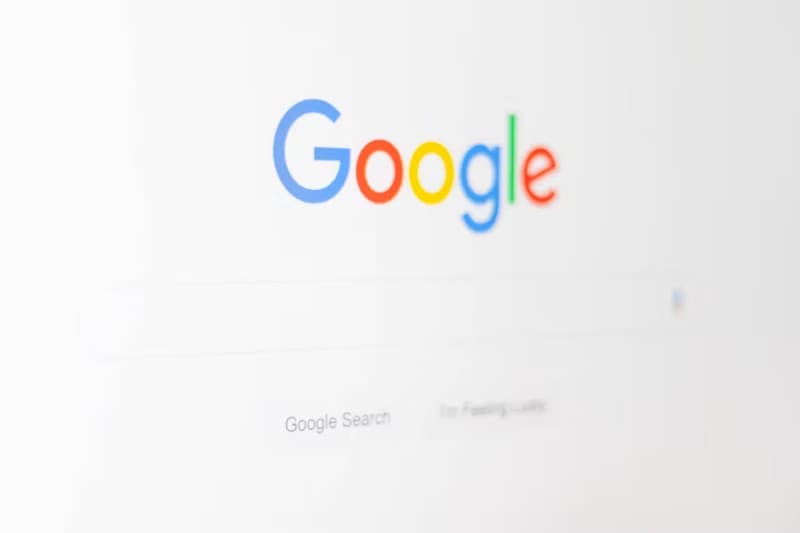If you own a WordPress website, you’ll certainly want to have it running as efficiently as possible. Obviously, visitors have a strong dislike toward websites that take a long time to load. In fact, about half of all visitors will give up on your website if it takes more than just two seconds for the site to load. What’s more, Google’s search engine favors those websites with faster loading times, so if you decide to speed up your WP website, you’ll also be helping your SEO.
It’s also worth noting that buyers traditionally have the least amount of patience if they need to wait before they can browse your goods. If you’re selling something on your WordPress website, you’ll need to make sure that the loading times are practically nonexistent. Here’s what you can do to try to achieve that.
1 Change your hosting provider
If the need to speed up your WP website arises, it could be that your hosting provider is not good enough for your needs. Choosing the right provider, in fact, can have a great influence on the speed of your website, especially if you have been using a shared hosting provider. Such providers attract users with the promise of unlimited space and bandwidth. However, users are not warned that, due to the fact that they’re sharing a server with plenty of other website owners, their site could easily be loading rather slowly, especially during the time of day when most visitors are found online.
The solution to this problem is to find a cloud-based hosting provider. Such servers used to be very expensive, but nowadays, you can buy a reliable cloud-based server at an affordable price. Of course, not all shared servers will make your website run slowly. If you’d rather opt for such a server, we recommend asking around and googling for reviews so that you don’t wind up with an inefficient hosting provider.
#02 Use a simpler theme and smaller images
Before switching providers, however, there are other ways you can try to speed up your WP website. You can, for example, change the WordPress theme that you are using. Many WordPress website owners are drawn to themes with shiny widgets, sliders and other dynamic components, which certainly are appealing; however, they definitely won’t do wonders for your website’s performance.
Finding the right balance between creating a design that will give more power to your brand and opting for a more minimalist theme is the way to go. Sometimes, less is indeed more, and even with WordPress’s default theme, you can still come up with an appealing design that will represent your brand in the best light.
Similarly, you can also use smaller images. Optimole is a very useful WordPress plugin that will allow you to easily reduce the size of images on your WP website, without any loss in quality.
#03 Remove unnecessary data and plugins
Keeping your WordPress database optimized and in a good shape will also speed up your WP website. Any unneeded data will need to go in order to reduce the size of your website’s database, which will also reduce the size of all backups that you’re, hopefully, making at regular intervals. This data includes bot users, spam messages, etc.
Similarly, any plugins that you have installed, but aren’t using, are also an unnecessary burden on your website’s performance. These plugins will especially pose a problem while backups are being created, greatly reducing the loading times until the completion of this process.
It’s a good idea, in fact, to keep the number of installed plugins to a minimum. Sometimes, other solutions apart from plugins can do the trick. IFTTT, for example, can help you automatize certain tasks (such as automatically sharing your content on social media) just like a plugin would, without needlessly burdening the server.
#04 Use CDN
Content delivery network, or CDN, can also be of service if your website has loading issues. This kind of network preserves a copy of your site’s content in several different datacenters all around the world. This greatly reduces loading issues for visitors who are accessing your website from a remote location (in other words, somewhere far from your server’s physical location). CDN, actually, works by presenting the visitors with an up-to-date copy of your site’s content from a datacenter that’s nearest to the specific visitor’s location.
Depending on your visitors’ location, using CDN may certainly turn out to be a smart decision. Using CDN can also be convenient regardless of your targeted demographics, as your website will run more smoothly for those visitors who do come from distant parts of the world.
#05 Speed up your WP website with these additional tips
WordPress sites can further be optimized by taking care of CSS and JS files. The presence of these files is a necessity, but their size can be reduced. You can either do this manually, which is a more complicated approach, or by using a handy WP plugin called Autoptimize.
- Trackbacks and pingbacks are used by WordPress to notify you when someone links to your website. This will slow down your website, as the server needs to process the request of the person who posted the link. And not only that, but hackers are also aware of this and they use it to their advantage when they’re attempting DDoS hacking attacks. So, it’s a good idea to disable trackbacks and pingbacks and use other tools, such as Google Webmaster Tools, to see when has your site been linked to.
- If you still need to speed up your WP website, we have one final piece of advice. Namely, we recommend using only the external scripts that you will definitely need. Disqus and Google Analytics may be necessary, but you’ll most likely be able to part with some other external scripts that you may have installed. Doing so likely won’t have a great impact on your website’s speed, but you might notice some improvement nevertheless.









